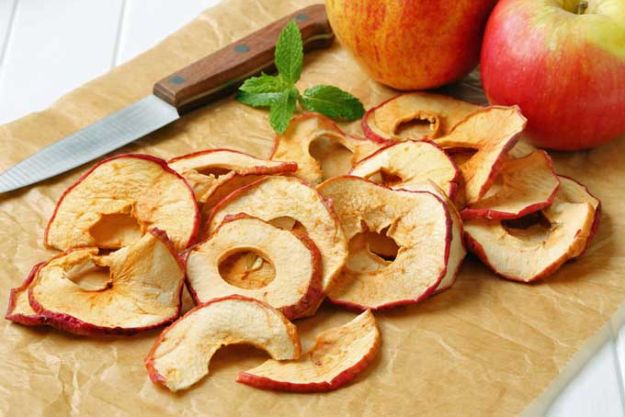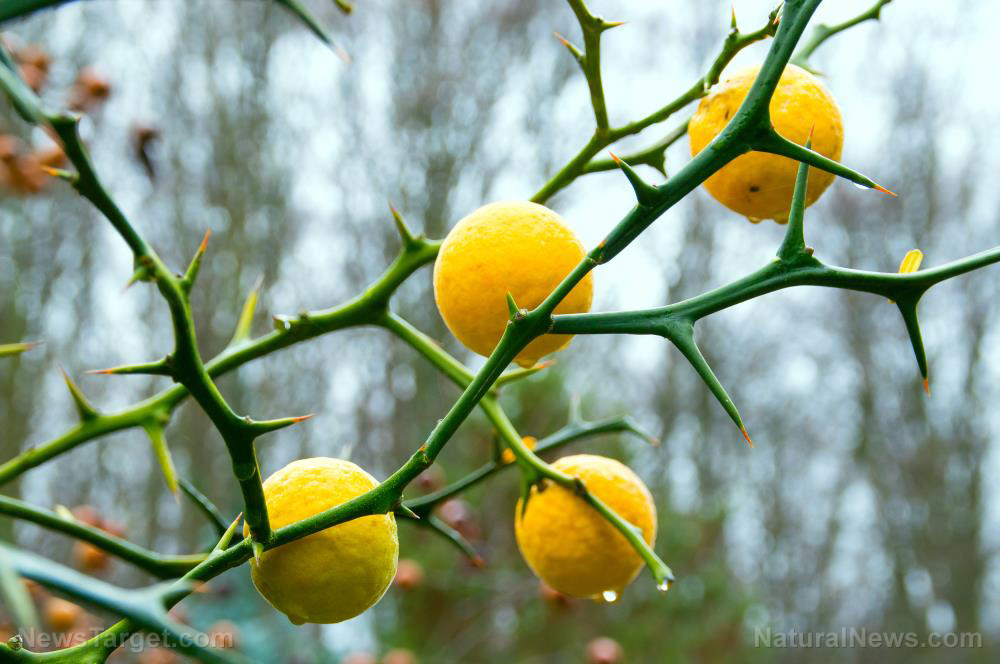
Advertisement
Home gardening involves some trial and error to determine which methods work for you. But gardening doesn’t have to be a chore. Here are some hacks that you can try to make things easier as you cultivate your plants. (h/t to OldWorldGardenFarms.com)
Plant with a post hole digger.
Post hole diggers are versatile tools. Aside from their main purpose, which is to dig narrow holes for building fences or installing posts, you can use post hole diggers for planting.
Planting with shovels and trowels can put some pressure on your back and knees. Make things easier for yourself by using a post hole digger to plant vegetable transplants.
Try this out by using a post hole digger to create a uniform planting hole. These holes can also be used as an opening for back-filling with soil mix used for growing plants. Combine compost, coffee grounds, eggshells, and worm castings with the garden soil to back-fill. (Related: Homesteading tricks: 2 Secrets that can get rid of weeds in your home garden FOREVER.)
Reuse eggshells in your garden.
Don’t throw eggshells away. Save them to prevent blossom rot in your garden. Crops with blossom rot like tomatoes will have a black, rotten spot at the bottom.
This condition occurs because the developing fruit of a plant doesn’t get enough calcium. Blossom rot isn’t caused by a plant disease like a fungus or bacteria. Crops that may develop blossom rot include cucumbers, eggplants, melons, peppers, and squash.
To treat and prevent blossom rot, leave some crushed eggshells into each planting hole. This gives the tomatoes the calcium they need.
Additionally, you can use crushed eggshells to keep slugs away from your plants. Sprinkle some crushed shells around the top of each plant. The sharp edges of crushed eggshells will hurt the slugs as they crawl over the shells, keeping them away from your crops.
Last but least, crushed eggshells can also be added to a compost pile.
Grow plants using straw bales.
Did you know that you can grow cucumbers on straw bales?
First, cut three evenly spaced holes on top of a straw bale. Make each hole about eight inches deep and six inches in diameter.
Fill the holes with a mixture of compost, potting soil, and worm castings. Straw bale is the perfect height to let the plants use a trellis to cascade over.
Use pantyhose for pest control.
Use old pantyhose to protect cabbages from worms. It can also keep out pests that attack heads of broccoli and cauliflower.
As the young cabbage heads start to emerge, cover the top of the heads with pantyhose. This unusual covering is the perfect barrier for various kinds of pests.
Pantyhose is also elastic so your crops can grow easily even when covered with it. Leave the pantyhose on to protect your broccoli, cabbages, and cauliflower until they mature.
Use hot peppers as natural pest control.
Home gardeners who want to use natural methods of keeping out pests can plant hot peppers around the outer rows of their crops. Hot peppers won’t just keep pests away from your plants, they can also help deter groundhogs, rabbits, and squirrels that want to munch on your vegetables.
Try covering your cabbages with pantyhose and plant hot peppers around your crops to keep pests out of your garden naturally.
Sources include:
Advertisements







